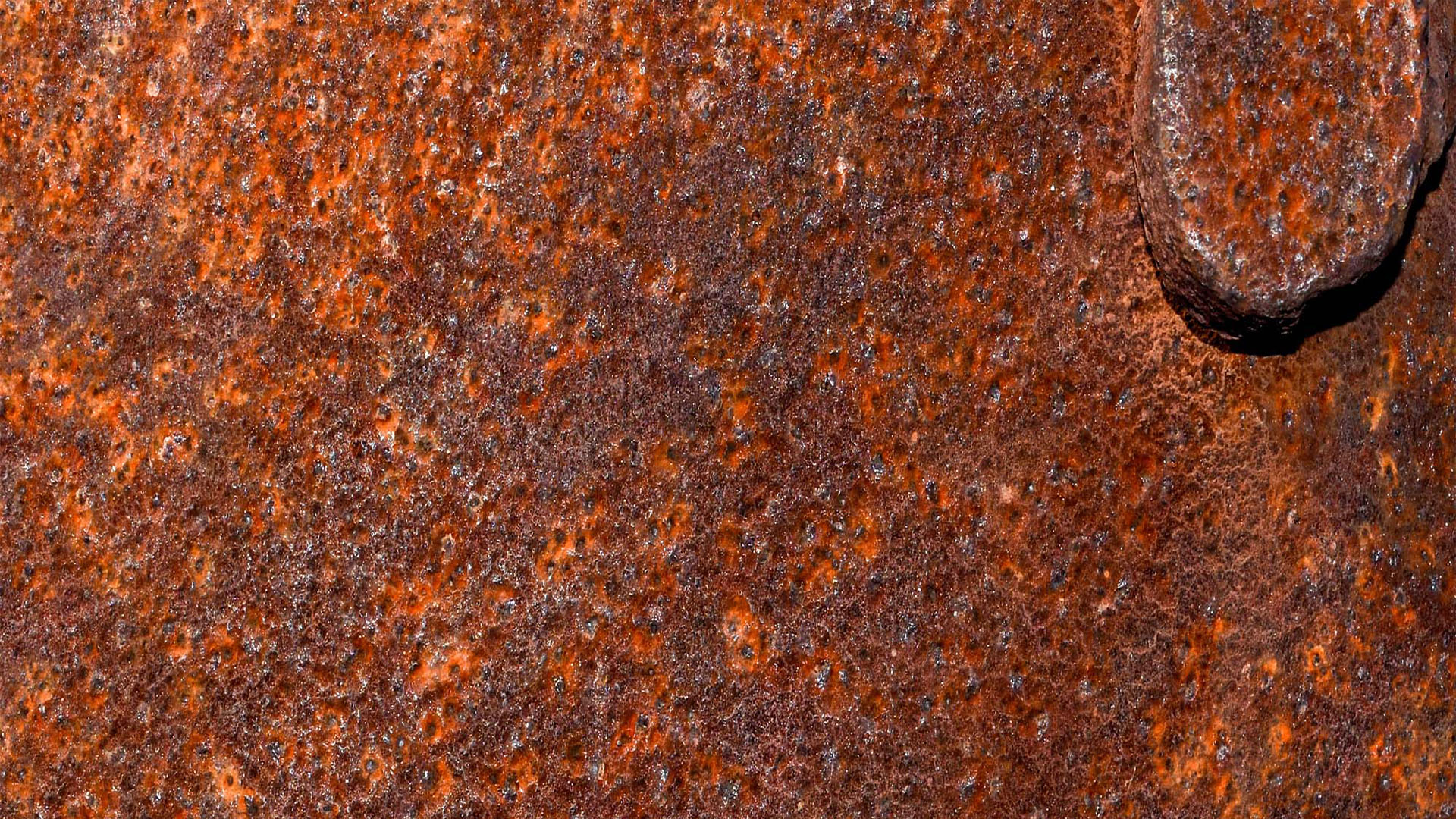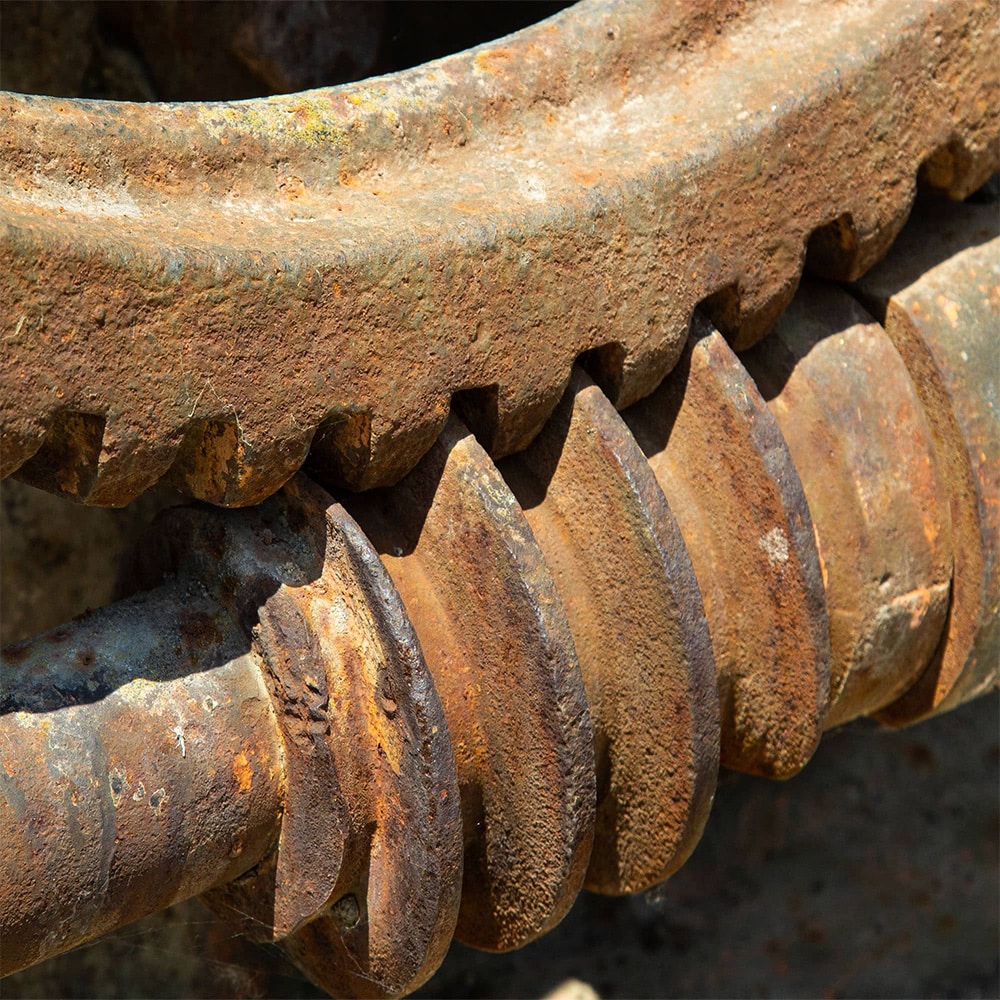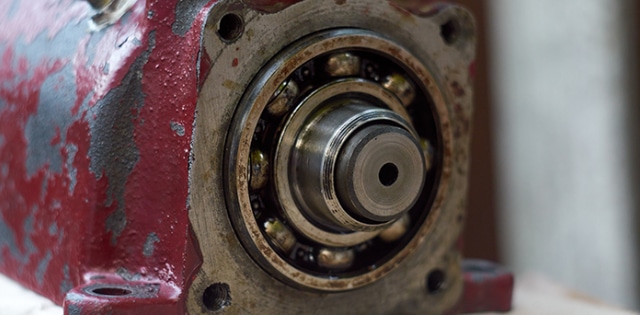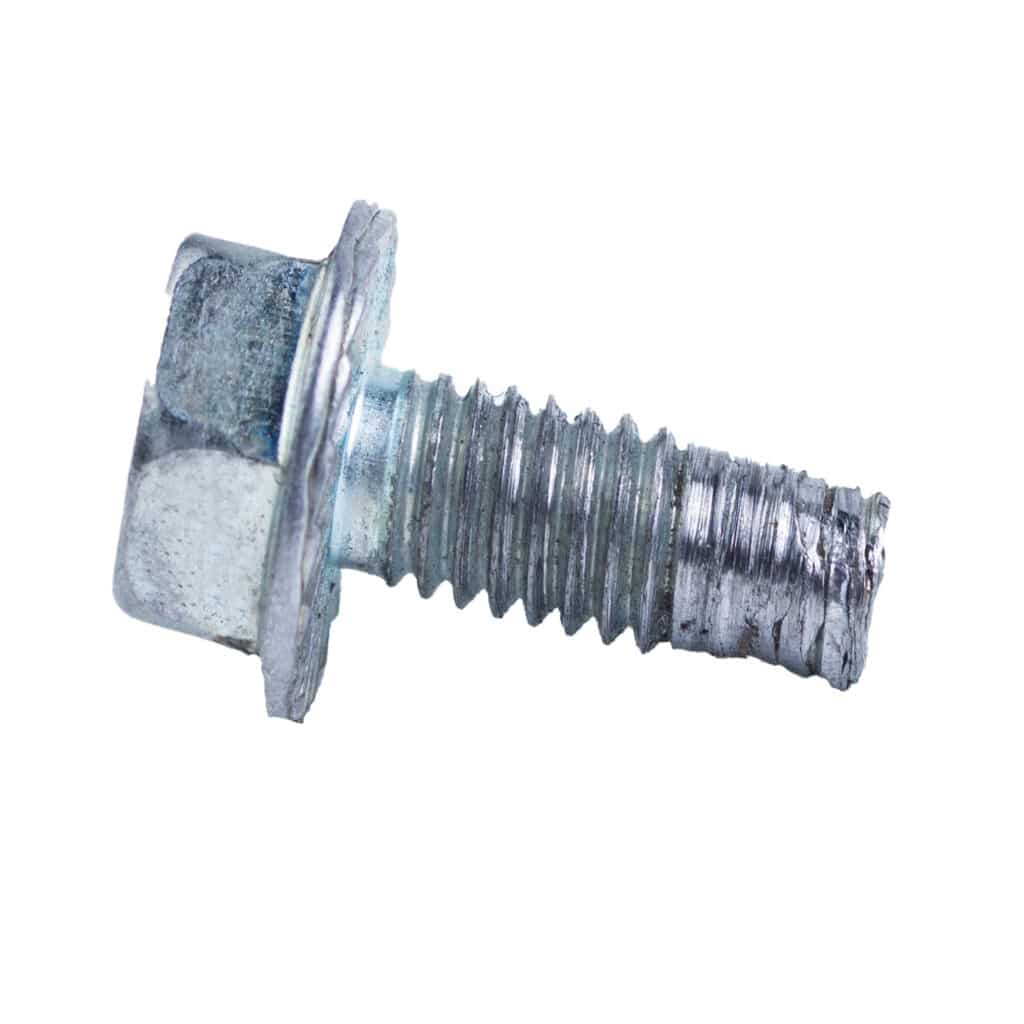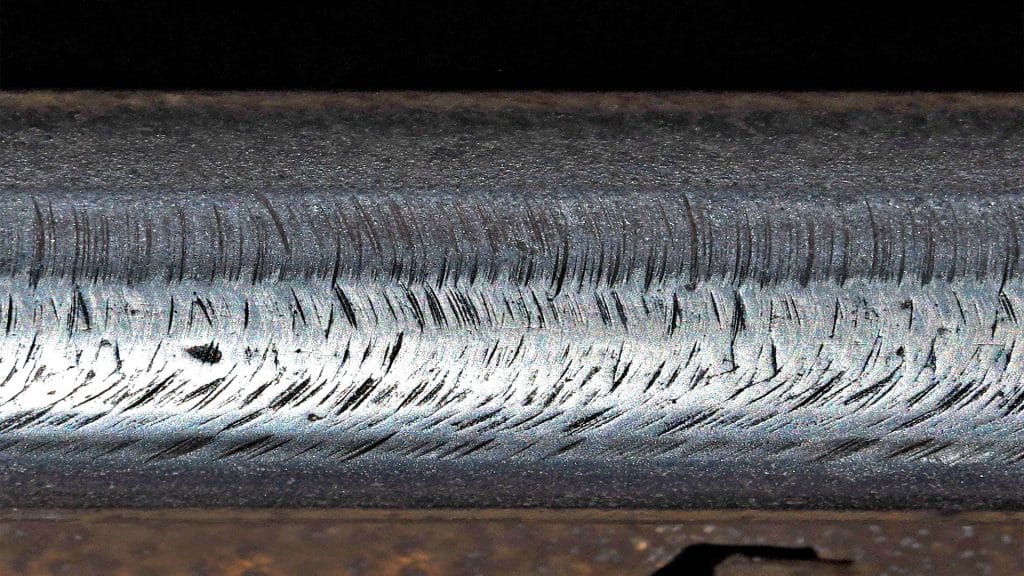Rust is a type of oxidative corrosion, specifically affecting iron and its alloys. When iron reacts with oxygen and water, it forms iron oxide, commonly known as rust. This process can be classified under uniform corrosion because it usually affects the metal surface uniformly, but it can also lead to more localized forms if the conditions vary across the surface.
uniform corrosion overview
What is Uniform Corrosion?
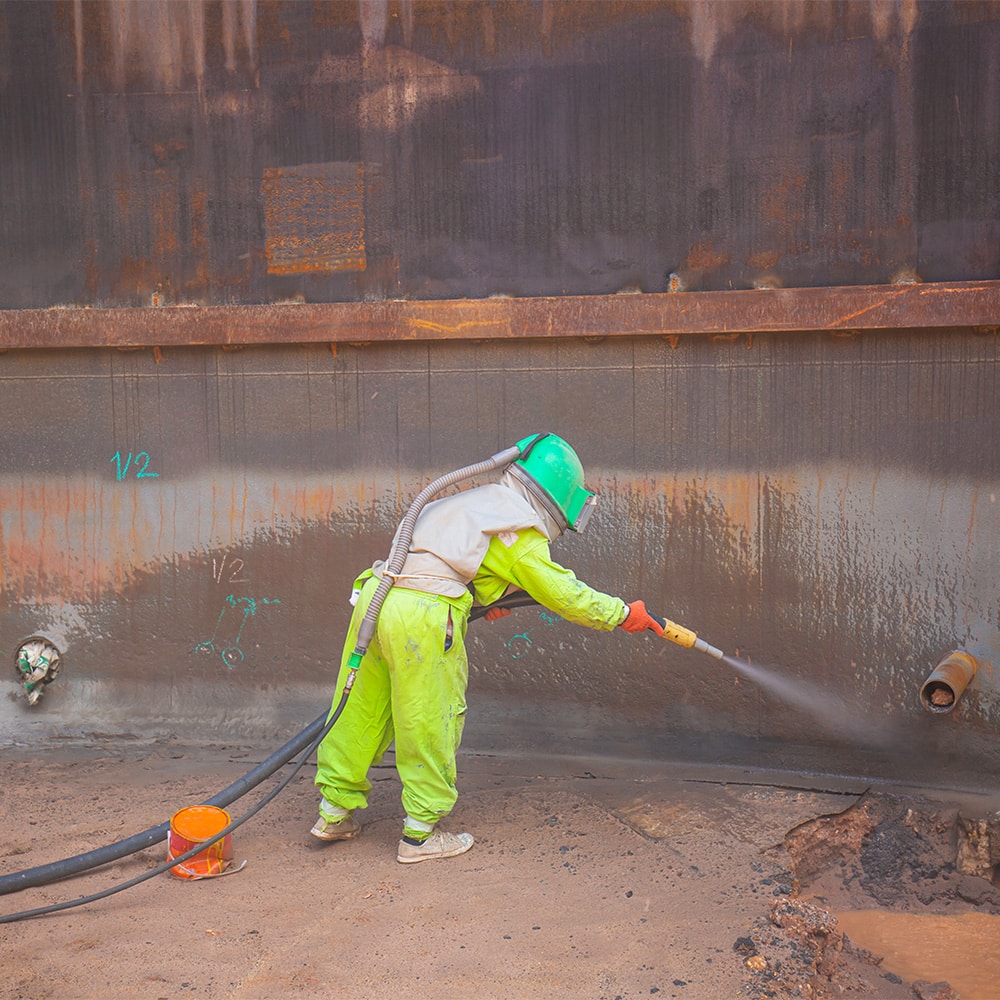
What Causes Uniform Corrosion?
Several factors influence the occurrence and progression of uniform corrosion in industrial applications and mechanical systems, such as:
-
Surface Condition
The condition of the exposed surface, such as cleanliness, roughness, and presence of surface defects, can impact the uniformity of the corrosion process.
-
Electrochemical Factors
The electrochemical properties of the material, such as galvanic potential and corrosion potential, can influence the rate of corrosion by determining the electrochemical reactions that occur on the surface.
-
Environment
The chemical composition, temperature, humidity, and pH of the environment can affect the aggressiveness of the corrosion process, influencing the extent of corrosion.
-
Protective Surface Films
The presence and stability of protective surface films, such as oxide layers, can affect the uniform corrosion rate and the material’s resistance to corrosion.
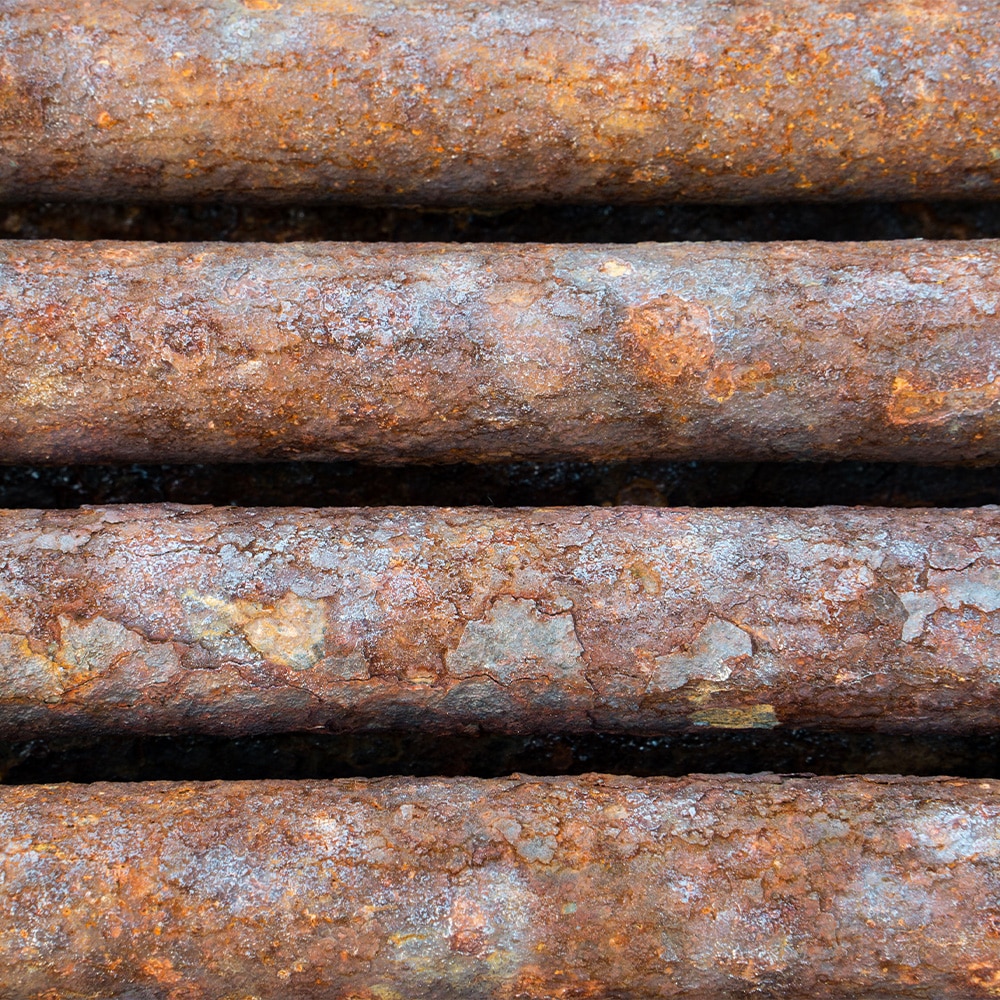
Mitigating Uniform Corrosion
To reduce the progression of uniform corrosion in machined components, the mitigation strategies outlined below should be taken into consideration:
-
Material Selection
Work with materials that have suitable properties, such as high corrosion resistance and appropriate chemical compatibility, to reduce the propensity for corrosion.
-
Protective Coatings
Apply functional coatings with high corrosion resistance, such as electroless nickel, thin dense chrome, or organic based coatings to provide a protective barrier to corrosion. Hybrid coatings that combine nickel and chromium, such as Armoloy Bi-Protec, can be even more effective at protecting components against corrosive forces.
-
Surface Preparation
Ensure proper surface preparation, including cleaning, degreasing, and removal of surface defects, to promote uniformity of the protective films and reduce the likelihood of localized corrosive attack.

Armoloy's Solution to Corrosion
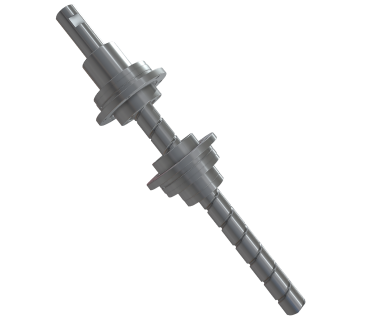
Armoloy offers multiple metal surface treatments with varying levels of protection from the common causes of corrosion. Offering both broad-spectrum and industry-specific applications, our protective metallic coatings add significant value through increased performance and decreased revenue losses from unplanned maintenance and downtime.
Our protective coatings ensure a thin, precise coat that won’t impact production, but will improve surface hardness and prevent environmental defects. Beyond increasing wear life, Armoloy tailors our metallic coatings based on the specific requirements of your application and industry.
While uniform corrosion is a widespread and detrimental failure mechanism, it’s fairly easy to accurately predict and employ mitigation techniques to effectively control. Understanding the key variables that impact corrosion, along with choosing the right materials and protective surface coatings, can dramatically reduce the likelihood of machined components experiencing failure from corrosive actions.
Frequently Asked Questions
Corrosion wear, also known as corrosive wear, is a type of material degradation that involves both chemical and mechanical processes. Here’s a detailed explanation:
Definition: Corrosion wear occurs when materials are subjected to simultaneous chemical attack and mechanical wear. This dual action accelerates the degradation process compared to corrosion or wear occurring independently.
Mechanism: The process starts with the chemical reaction between the material surface and corrosive agents (such as acids, alkalis, or salts). This reaction weakens the surface by forming corrosion products. Mechanical action, such as abrasion or erosion, then removes these weakened layers, exposing fresh material to further corrosion. This cyclical process leads to rapid material loss and surface damage.
Examples: Corrosion wear is common in environments where machinery is exposed to harsh chemicals and abrasive particles, such as in chemical processing plants, marine applications, and mining operations.
Prevention: To mitigate corrosion wear, use corrosion-resistant materials, apply protective coatings, ensure proper lubrication, and control the environment to reduce exposure to corrosive agents. Regular maintenance and monitoring are also essential to detect early signs of wear and take corrective actions.
By understanding and addressing both the chemical and mechanical aspects of corrosion wear, the lifespan of components can be significantly extended.
Corrosion:
- Definition: Corrosion is the chemical or electrochemical reaction between a material, typically metal, and its environment, leading to the gradual deterioration of the material. This process often involves the material reacting with oxygen, moisture, acids, or other chemicals.
- Examples: Rusting of iron, tarnishing of silver, and patina formation on copper.
Erosion:
- Definition: Erosion is the physical removal of material from a surface due to mechanical action, such as the impact of solid particles, liquid droplets, or high-velocity fluid flow. Unlike corrosion, erosion is a purely mechanical process.
- Examples: Wear of turbine blades by high-velocity steam, riverbank erosion by water flow, and wind erosion of soil.
Key Differences:
- Nature: Corrosion is a chemical process, whereas erosion is a mechanical process.
- Causes: Corrosion is caused by chemical reactions, while erosion is caused by physical forces.
Explore Erosive Vs. Corrosive metal failure for more information.
Crevice corrosion is a localized form of metal degradation that occurs in confined spaces where access to oxygen is limited, such as under gaskets, seals, or overlapping metal joints. This corrosion type occurs when stagnant moisture or solutions become trapped, creating an environment fostering aggressive attack on metal surfaces.
The process begins with depletion of oxygen levels in the crevice, disrupting the protective oxide layer that naturally forms on many metals. This leads to an imbalance in electrochemical reactions, causing the trapped area to become highly acidic and corrode more rapidly than exposed surfaces.
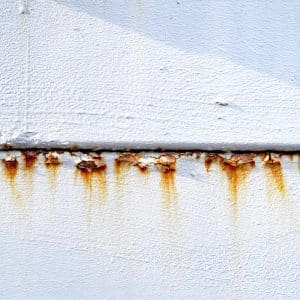
Crevice corrosion is seen between two painted metal sheets.
Key Characteristics of Crevice Corrosion:
- Common Metals Affected: Stainless steel, aluminum, and other alloys prone to localized corrosion.
- Triggering Conditions: Presence of a narrow gap, stagnant fluid, and low oxygen levels.
- Industries Impacted: Marine, aerospace, and chemical processing, where moisture or aggressive environments are common.
Preventing Corrosion:
- Use corrosion-resistant coatings like thin dense chrome (TDC) to protect surfaces.
- Minimize crevices in design by welding or using continuous seals.
- Regularly inspect and clean equipment to remove trapped debris or moisture.
For more details on preventing this corrosion and protecting metal components, visit our dedicated pitting and crevice corrosion guide.

Partner With Us
Eliminate corrosion from your operations. Meet our group of curious, innovative engineers and learn how we can help improve your industry with science-based solutions.
